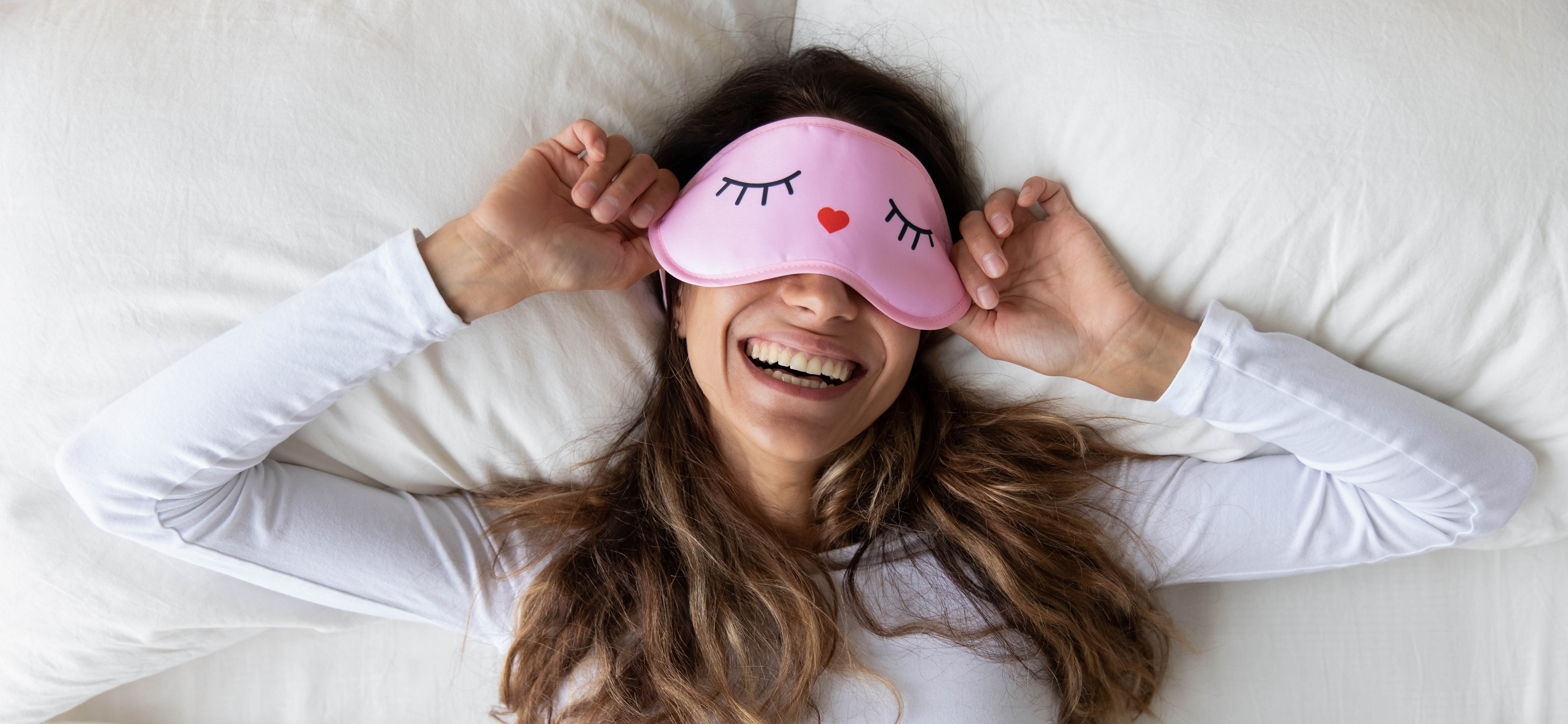
14 Apr Can’t Sleep? Facts on what you can do to help you drift off
Sleep can seem like one of the easiest things, but for some just drifting off can be a struggle. Night after night some people can lay in bed with a restless mind spiralling out of control. And with naughtily bed time rituals like scrolling through Instagram, it can make it even harder for our minds to shut off.
There are however, techniques and bedtime routines that can help like meditation, active relaxation and breath work. But if they don’t work, the feelings of frustrating and annoyance can bubble over. For far too many of us, this is the reality we are enduring on a weekly, if not daily basis. Research reveals ‘insomnia’ was googled more than ever during 2020 – and that this was typically between midnight and 5am. The data highlights the most common time for these searches was 3am.
If this sounds all to familiar, here are some fact vs fiction tips to help you sleep well:
Fact or fiction: If your sleeplessness or insomnia is due to psychological stress, you can’t do anything about it?
Absolutely fiction. Stress is a very common cause of sleeplessness and one of the highest reported reasons many Australian’s find it hard to sleep. However, even in the absence of resolving this stress, you can still be mindful to minimise other forms of stress – such as blue light. The use of artificial lighting and electronics at night may contribute to sleep problems. These devices emit light of a blue wavelength, which may trick your brain into thinking it’s daytime. Blue light messes with your body’s ability to prepare for sleep because it blocks a hormone called melatonin that makes you sleepy and it can disrupts your brain’s natural sleep-wake cycles, which are crucial for optimal health. So when you get into bed, put your phone away!
Fact or fiction: Nutrition doesn’t effect sleep
Once again, fiction. There are many strategies you can use to promote good sleep, including making changes to your diet, as some foods and drinks have sleep-promoting properties, such as;
- Almonds: Along with several other types of nuts, almonds are a source of the hormone melatonin. Melatonin regulates your internal clock and signals your body to prepare for sleep
- Tart cherry tomatoes: Also also a potent source of sleepiness hormone melatonin – the sleepiness hormone you need to fall and stay asleep.
- Chamomile Tea: Drinking chamomile tea may boost your immune system, reduce anxiety and depression, and improve skin health. In addition, chamomile tea has some unique properties that may improve sleep quality because it contains apigenin. This antioxidant binds to certain receptors in your brain that may promote sleepiness and reduce insomnia.
- Dairy products: Dairy products, such as a glass of milk, cottage cheese, and plain yogurt, are known sources of tryptophan. Milk has been shown to improve sleep in older adults, especially when paired with light exercise.
- Bananas: Banana peels contain tryptophan and the fruit itself is a modest source of magnesium. Both of these properties may help you get a good night’s sleep.
- Oatmeal: Similar to rice, oatmeal is high in carbs with a bit more fiber and has been reported to induce drowsiness when consumed before bed. Additionally, oats are a known source of melatonin.
Fact or fiction: Meditation is a waist of time
Once again, fiction. When you meditate, a variety of physiological changes occur. These changes initiate sleep by influencing specific processes in your body. According to the researchers, meditation likely helps in several ways. Sleep problems often stem from stress and worry, but meditation improves your relaxation response. It also improves control of the autonomic nervous system, which reduces how easily you’re awakened.
Meditation may also:
- increase melatonin (the sleep hormone)
- increase serotonin (precursor of melatonin)
- reduce heart rate
- decrease blood pressure
- activate parts of the brain that control sleep
Salt therapy is also great at assisting with sleep. When dry salt is inhaled deep into the lungs, it lines the walls of the airways – and helps loosen congestion. This creates a clean respiratory system, which promotes easier breathing and a relaxed sleep, while also reducing mild snoring. Salt therapy is also relaxing, laying the foundations for more high-quality sleep. So why not combine some salt therapy and meditation at your next session for the ultimate sleep solution.

